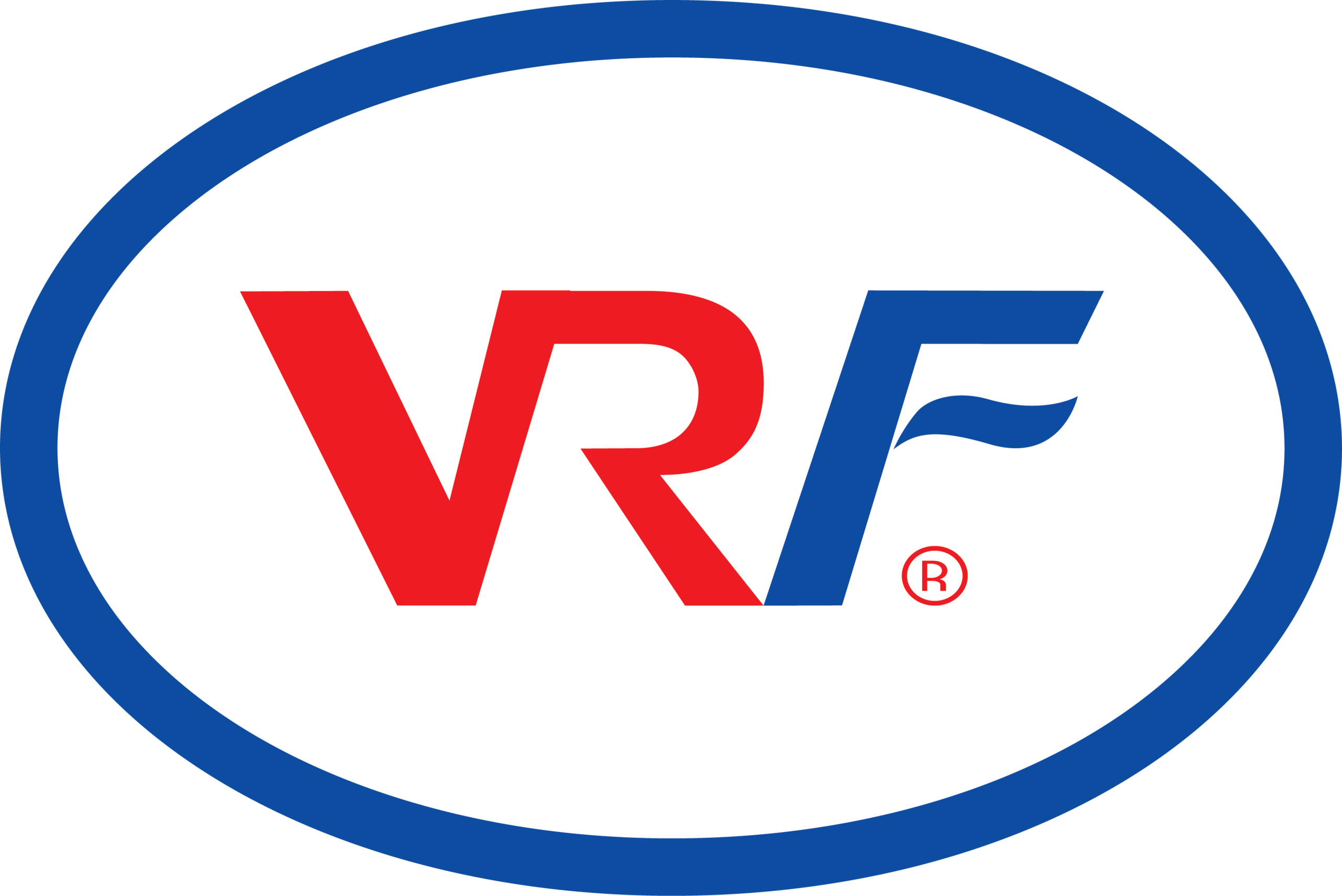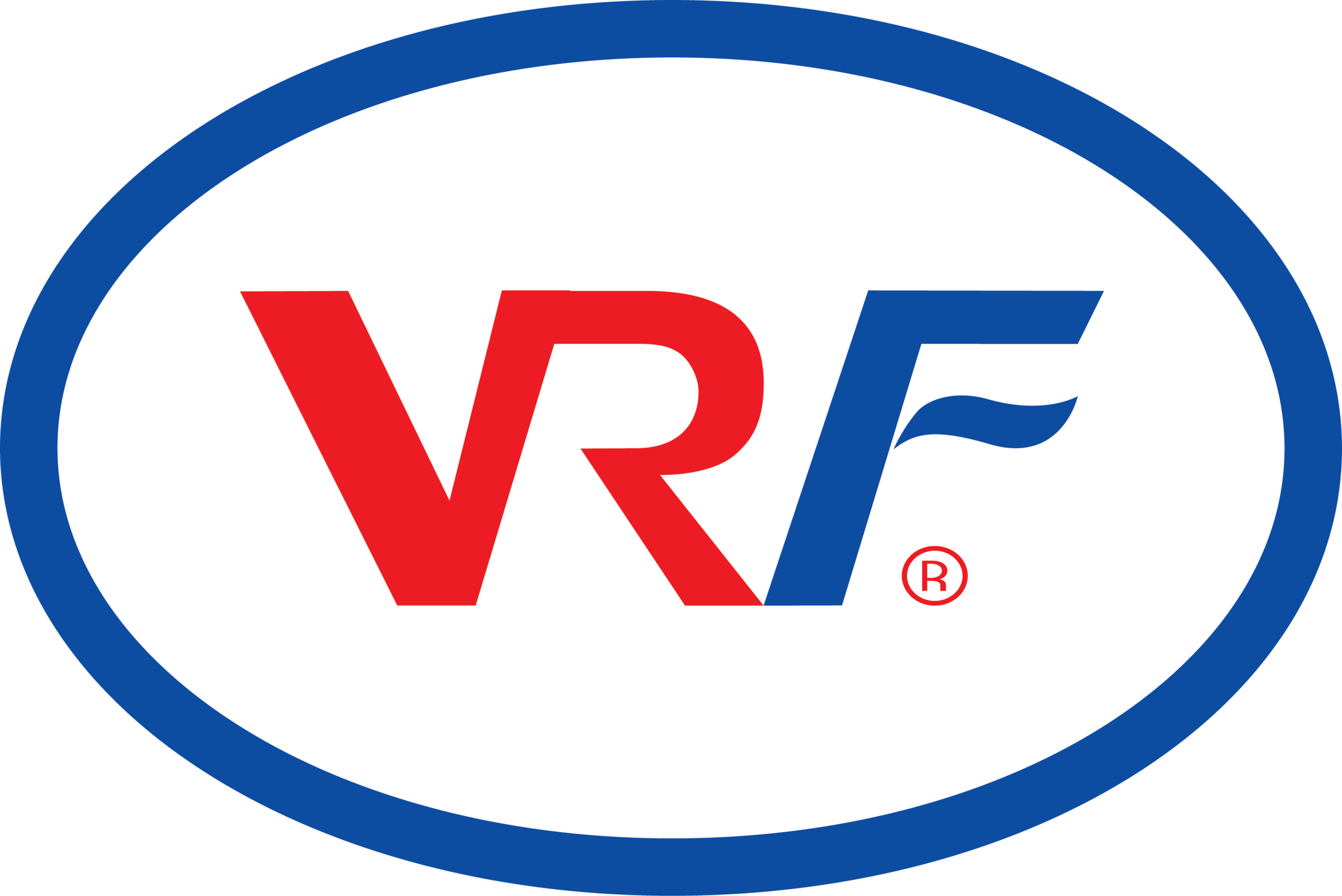The kitchen appliance sector is seeing rapid technological integration with smart ovens leading the way. These ovens blend automation, connectivity, and advanced cooking techniques to elevate home cooking experiences. Users seek appliances that offer precision, ease of use, and smart integration with home ecosystems.
The Smart Oven Market evolves alongside AI and IoT advancements, which enable functionalities like automated cooking programs, voice commands, and smartphone compatibility. Consumers benefit from features that personalize cooking times, temperature settings, and recipe selections, reducing guesswork and improving food quality.
- AI-powered monitoring adjusts cooking dynamically for consistency
- Voice assistants facilitate hands-free operation and task management
- Smart home ecosystem integration allows synchronized use with other appliances
Smart ovens appeal to busy households by reducing meal prep stress and providing timely cooking alerts. They also assist health-conscious consumers in managing dietary requirements through intelligent recipe adaptations and nutrients tracking.
Energy efficiency continues to be a priority, with smart ovens optimizing power usage without compromising performance. This addresses growing environmental concerns and regulatory pressures in many regions. Enhanced durability and self-diagnosis features ensure long-term appliance reliability and customer satisfaction.
Utilizing comprehensive Smart Oven Market market forecast enables stakeholders to capture emerging opportunities, leverage technology, and meet diverse consumer expectations in rapidly shifting markets.
FAQs
How do smart ovens improve cooking precision?
They use AI to monitor and adjust cooking parameters automatically for optimal results.
What benefits arise from smart ovens’ home ecosystem integration?
Coordinated appliance operation and centralized control enhance user convenience and kitchen efficiency.


